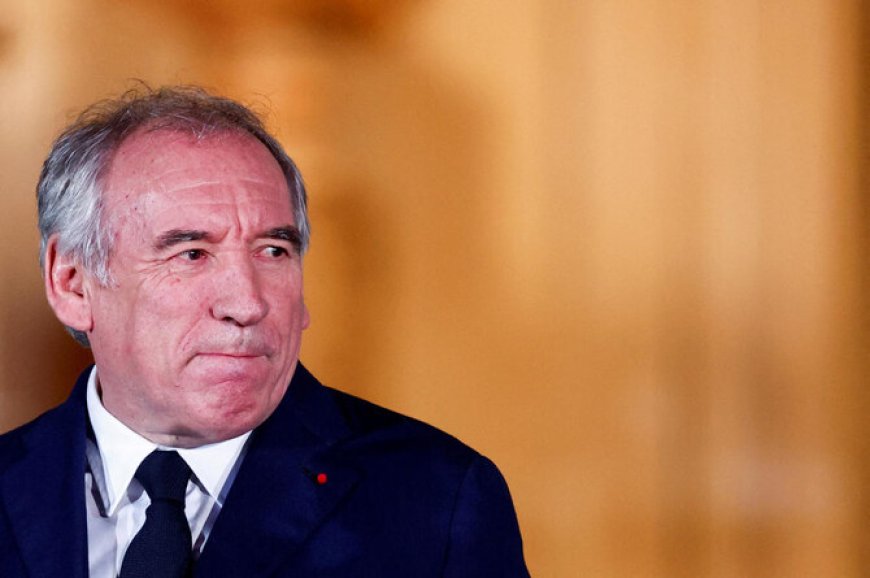President Emmanuel Macron has appointed veteran centrist François Bayrou as his fourth prime minister this year, following the historic ousting of Michel Barnier's government by the National Assembly. While the change in leadership offers a fresh start, analysts predict Bayrou will face the same deep-seated parliamentary divisions and budgetary constraints that plagued his predecessor.
Bayrou, 73, returns to the forefront of French politics after serving as education minister in the 1990s. His immediate challenge is to form a new government and pass the 2025 budget, a task made significantly harder by the fragmented parliament. Like Barnier's cabinet, the new government will likely hold a minority position, vulnerable to attacks from both the far-right and left-wing opposition.
The downfall of the Barnier government, the first successful vote of no confidence since 1962, sent shockwaves through French politics. Though cross-party support exists for emergency funding to maintain government operations, the looming budget battle promises to be fierce. Arnaud Benedetti, a professor at the Sorbonne University, noted, “The difficulties remain the same as under Michel Barnier.” While a near-term no-confidence vote against Bayrou seems unlikely, the long-term prospects remain uncertain.
Macron’s office described Bayrou as a “consensual candidate,” but the Socialist Party, while calling for a prime minister from their ranks, criticized the appointment as more of the same. Bayrou, a long-time advocate for centrism, previously aligned himself with Macron's 2017 presidential campaign. He has acknowledged the “moral problem” of France's mounting national debt, mirroring concerns he voiced earlier in his career. However, his emphasis on consensus-building could prove difficult in the face of the National Assembly's deeply divided factions.
The 2025 budget was the catalyst for Barnier's downfall, and left-wing leaders have already signaled their willingness to challenge Bayrou if he resorts to constitutional powers to bypass a parliamentary vote. This political maneuvering could have significant economic consequences. JP Morgan analyst Raphael Brun-Aguerre warned that accommodating opposition demands might limit fiscal consolidation next year.
Macron's attempts to forge unity among "Republican forces" through cross-party talks have yielded limited results. His refusal to appoint a Socialist prime minister underscores his commitment to preserving previous economic reforms, including the controversial 2023 pension reform, which remains a key point of contention for the opposition.
Far-right National Rally leader Jordan Bardella reiterated his party's "red lines," including indexing pensions to inflation throughout 2025. Recent polls show growing support for Marine Le Pen, further complicating the political landscape.
Even if Bayrou navigates the political hurdles, his government faces immense economic challenges. Balancing deficit reduction with the demands of protesting unions, increased military spending for Ukraine, and support for struggling industries will require a delicate balancing act. Barnier's proposed tax increases on the wealthy and corporations, intended to address the deficit, were abandoned after his government's collapse.
Former finance minister Bruno Le Maire, under scrutiny for his role in France's fiscal challenges, delivered a harsh critique of parliament, accusing it of being disconnected from economic realities. This tense relationship between the executive and legislative branches further underscores the difficulties facing the new prime minister.














































